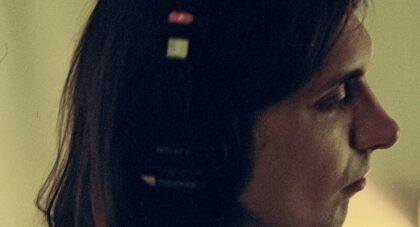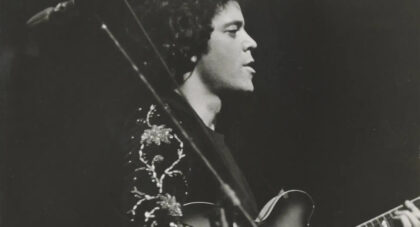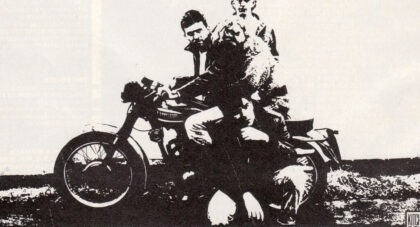We recently caught up with Emil Amos to discuss Neil Young, Wu Tang, the upcoming season of Drifter’s Sympathy, the vinyl manufacturing crises and the shadowy history of his father’s friendship with David Crosby . . .
Only the good shit. Aquarium Drunkard is powered by its patrons. Keep the servers humming and help us continue doing it by pledging your support.
To continue reading, become a member or log in.


